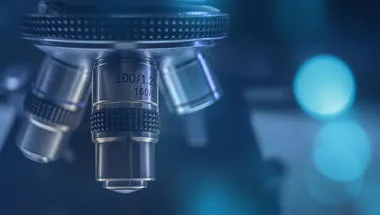
Zicheng Shen
PhD candidate
Research interests
- Physics
Biography
Zicheng Shen is a PhD student under the supervision of Dr Rafael Tapia Rojo in the Department of Physics, King’s College London.
He obtained an MPhil in Pharmacy from Queen’s University Belfast and worked as a research assistant at Hunan University and the Eastern Institute for Advanced Study, gaining hands-on experience in experimental design, microbiology techniques and data analysis. Zicheng investigates the mechanical properties of bacterial adhesins using state-of-the-art single-molecule magnetic tweezers, combining single-molecule force spectroscopy with biochemical assays to understand adhesion-driven infection processes and identify mechanically informed antimicrobial strategies.
Research Interests
- Mechanical Biology
- Microbiology
- Peptide Science
Thesis title and abstract
Mechanochemistry of gram-positive bacterial adhesins—towards the rational design of anti-invasive strategies
The tip adhesins of Gram-positive pili frequently contain an internal thioester that undergoes nucleophilic attack by lysine residues on host ligands, forming covalent linkages with exceptional mechanical strength and chemical stability. As recognised virulence determinants, pili has recently become a critical target for developing novel antibacterial treatments. However, since pili are operated under force, the conformation is force-dependent and reactivity will be changed accordingly. Single-molecule force spectroscopy techniques will be used to understand how the reactivity of internal thioester bonds in gram-positive adhesin pilins is regulated by mechanical forces.
Research

Biological Physics & Soft Matter
The Biological Physics and Soft Matter group aims to use bespoke technology and analytical methods borrowed from the Physical Sciences to address important fundamental questions in Biology.
Research

Biological Physics & Soft Matter
The Biological Physics and Soft Matter group aims to use bespoke technology and analytical methods borrowed from the Physical Sciences to address important fundamental questions in Biology.
